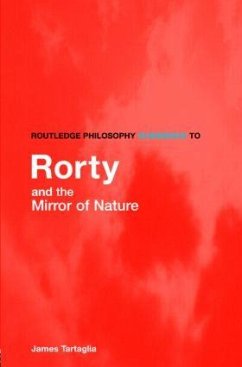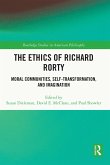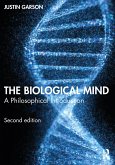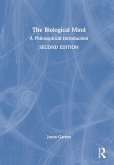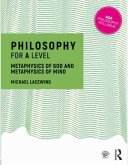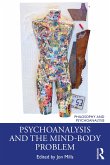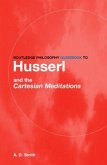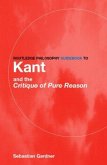'The book is clearly written and fair-minded throughout, just the sort of work one would want as a guidebook for reading an important and difficult book. In this sense, it seems clear about its audience and will be useful for a sophisticated study of Philosophy and the Mirror of Nature and also of interest to those who already have a good deal of background and familiarity with Rorty.' David Hiley, University of New Hampshire, USA
'This is well-written, clear, accessible, sharp and pitched at the right level. It strikes the right balance between the detailed exploration of particular arguments, and setting Rorty's book in a wider intellectual context.' Matthew Festenstein, University of York, UK
'This is well-written, clear, accessible, sharp and pitched at the right level. It strikes the right balance between the detailed exploration of particular arguments, and setting Rorty's book in a wider intellectual context.' Matthew Festenstein, University of York, UK
'The book is clearly written and fair-minded throughout, just the sort of work one would want as a guidebook for reading an important and difficult book. In this sense, it seems clear about its audience and will be useful for a sophisticated study of Philosophy and the Mirror of Nature and also of interest to those who already have a good deal of background and familiarity with Rorty.' David Hiley, University of New Hampshire, USA
'This is well-written, clear, accessible, sharp and pitched at the right level. It strikes the right balance between the detailed exploration of particular arguments, and setting Rorty's book in a wider intellectual context.' Matthew Festenstein, University of York, UK
'This is well-written, clear, accessible, sharp and pitched at the right level. It strikes the right balance between the detailed exploration of particular arguments, and setting Rorty's book in a wider intellectual context.' Matthew Festenstein, University of York, UK

